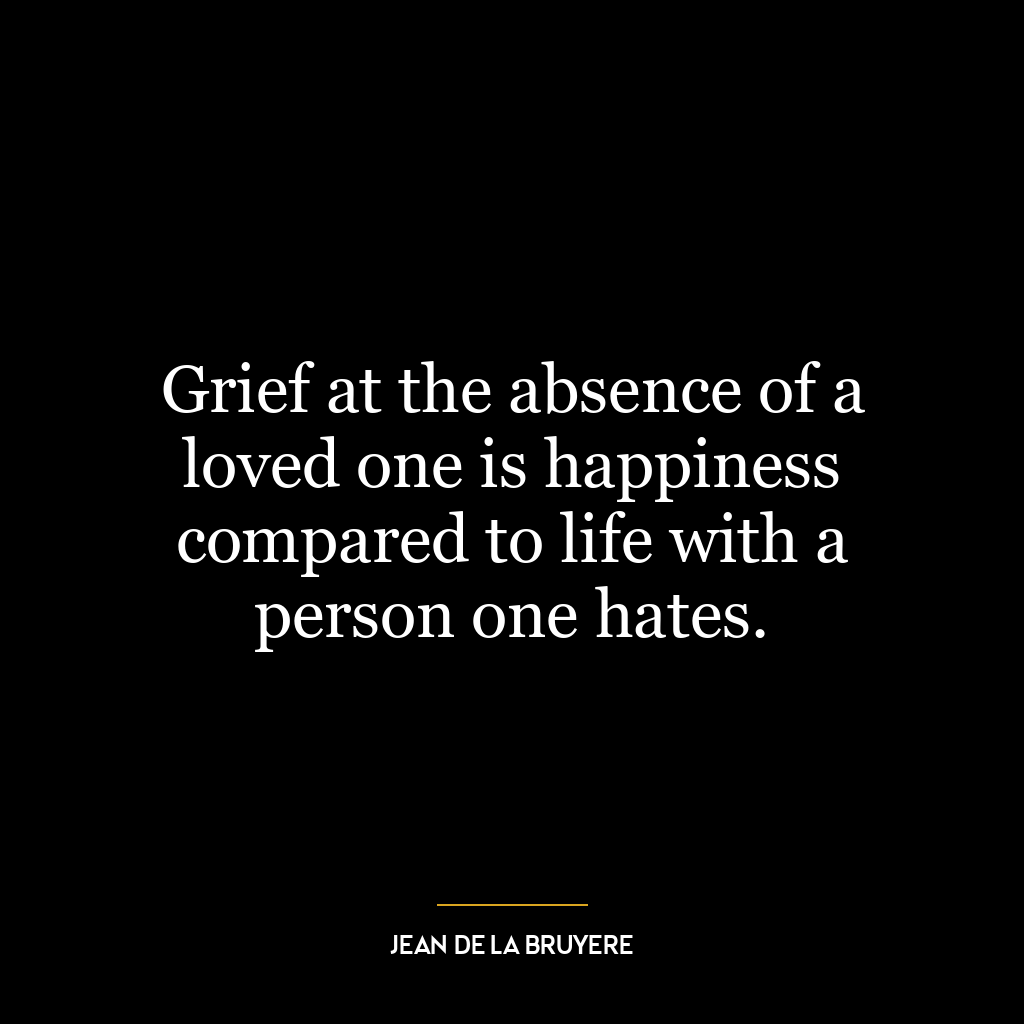Happiness is determined more by one’s state of mind than by external events.
This quote suggests that our level of happiness is not primarily influenced by what happens to us, but rather by how we perceive and interpret those events. It implies that our mindset and attitude have a greater impact on our happiness than our circumstances. Essentially, it’s not about what the world throws at us, but how we catch it.
This concept can be understood through the lens of cognitive psychology, which emphasizes the role of mental processes in how people perceive, remember, and interact with the world. It suggests that our thoughts and interpretations of situations shape our emotions and behavior, not the situations themselves. In other words, two people may experience the same event but have different emotional reactions to it, depending on their state of mind.
For instance, consider a situation where two people lose their jobs. One might see it as a disaster, leading to stress, anxiety, and unhappiness. The other might see it as an opportunity to explore new career paths or to take a break and reassess their life goals, leading to feelings of excitement and hope. The external event is the same, but their states of mind result in different levels of happiness.
In terms of application in today’s world or personal development, this idea encourages us to focus more on cultivating a positive and resilient mindset rather than trying to control or avoid negative external events, which are often beyond our control. It suggests that by learning to interpret and respond to events in more positive and adaptive ways, we can enhance our happiness and well-being, regardless of our circumstances.
For example, instead of dwelling on the negative aspects of a situation, we can practice looking for the silver lining or the lessons that can be learned. Instead of resisting change and holding onto the past, we can embrace change as a natural part of life and an opportunity for growth. Instead of comparing ourselves to others and striving for perfection, we can practice self-compassion and gratitude for what we have.
In essence, this quote is a reminder that while we can’t control everything that happens to us, we can control how we respond to it, and that’s what truly matters for our happiness.












